I lent my uncle 1 billion VND, no collateral, for a term of 1 year, but it has been 5 years now and I still haven't gotten the money back. I filed a lawsuit in court, requesting to seize and freeze my uncle's land plot worth about 1 billion VND. However, at this time, my uncle said that the land plot was registered in his son's name, and this son also confirmed that the land was not his. Currently, my uncle has sold it to someone else and received a deposit of 800 million VND. Both parties have notarized it, waiting for the name change procedure.
So can the court freeze the above assets to ensure the execution of the judgment for me later? In this case, what should I do to ensure my rights? What should I do right from the beginning when lending such a large amount of money to avoid being defaulted on?
Reader Nguyen Hoan.
Consulting lawyer
Lawyer Truong Ngoc Lieu ( Hanoi Bar Association) advised that the land plot your uncle sold to someone else and has been notarized, but the name change procedure has not been completed according to regulations. Accordingly, although the uncle claimed that he was only putting his name on behalf of his son and the son also confirmed this, this is still your uncle's property.

People carry out notarization procedures at Notary Office No. 1, Ho Chi Minh City
If there is reason to believe that your uncle sold the land plot to dispose of assets, in order to ensure the execution of the judgment, you have the right to request the court to apply emergency measures to temporarily freeze the above land plot (Articles 111, 114 and Article 134 of the Civil Procedure Code).
In that case, you must make a request and submit the accompanying evidence to prove the necessity and you must be responsible before the law for your request. In case the request for temporary emergency measures is incorrect and causes damage to the person being applied, or the bona fide land buyer, you must compensate (Clause 1, Article 113 of the Civil Procedure Code).
In addition, for the measure of freezing assets, the law requires you to perform the guarantee obligation. Specifically, you must submit to the court a guarantee certificate secured by assets of a bank, or other credit institution, or of another agency, organization, or individual, or deposit a sum of money, precious metals, precious stones or valuable papers determined by the court. This property must be equivalent to the loss or damage that may arise as a result of the incorrect application of temporary emergency measures.
The purpose of the above is to protect the interests of the person against whom temporary emergency measures are applied, and to prevent abuse of this right (Article 136 of the Civil Procedure Code).
To avoid future problems, when lending money of large value, the lender may require the borrower to perform obligations including: pledging assets, mortgaging assets and guarantee (Articles 309, 317, 335 of the Civil Code).
This is a way to ensure that in case the borrower violates the loan payment obligation, the lender can request the guarantor to perform the obligation, or handle the property used as collateral or mortgage to recover the principal and interest (if any).
Source: https://thanhnien.vn/ban-dat-da-cong-chung-nhung-chua-sang-ten-co-duoc-yeu-cau-phong-toa-185240628222036967.htm



![[Photo] President Luong Cuong receives President of the Cuban National Assembly Esteban Lazo Hernandez](https://vphoto.vietnam.vn/thumb/1200x675/vietnam/resource/IMAGE/2025/9/30/4d38932911c24f6ea1936252bd5427fa)
![[Photo] Solemn opening of the 12th Military Party Congress for the 2025-2030 term](https://vphoto.vietnam.vn/thumb/1200x675/vietnam/resource/IMAGE/2025/9/30/2cd383b3130d41a1a4b5ace0d5eb989d)
![[Photo] Panorama of the cable-stayed bridge, the final bottleneck of the Ben Luc-Long Thanh expressway](https://vphoto.vietnam.vn/thumb/1200x675/vietnam/resource/IMAGE/2025/9/30/391fdf21025541d6b2f092e49a17243f)
![[Photo] The 1st Congress of Phu Tho Provincial Party Committee, term 2025-2030](https://vphoto.vietnam.vn/thumb/1200x675/vietnam/resource/IMAGE/2025/9/30/1507da06216649bba8a1ce6251816820)
![[Photo] General Secretary To Lam, Secretary of the Central Military Commission attends the 12th Party Congress of the Army](https://vphoto.vietnam.vn/thumb/1200x675/vietnam/resource/IMAGE/2025/9/30/9b63aaa37ddb472ead84e3870a8ae825)









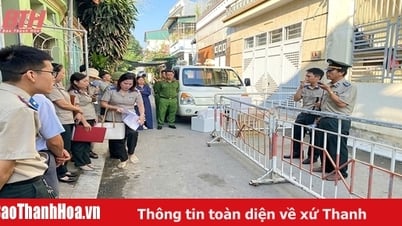




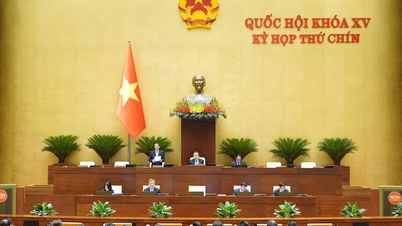


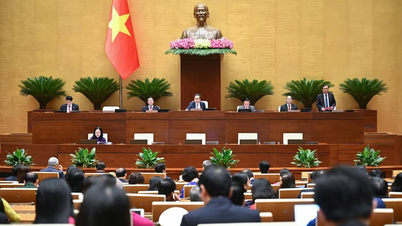











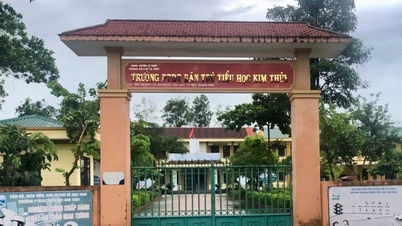













































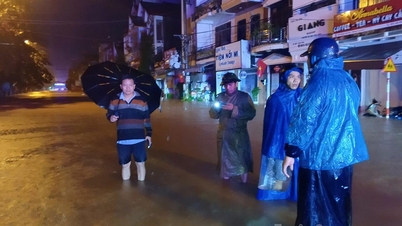





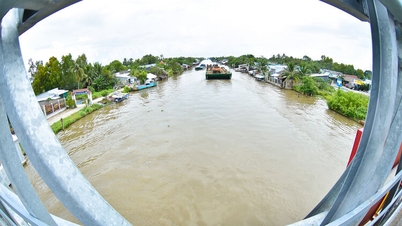
















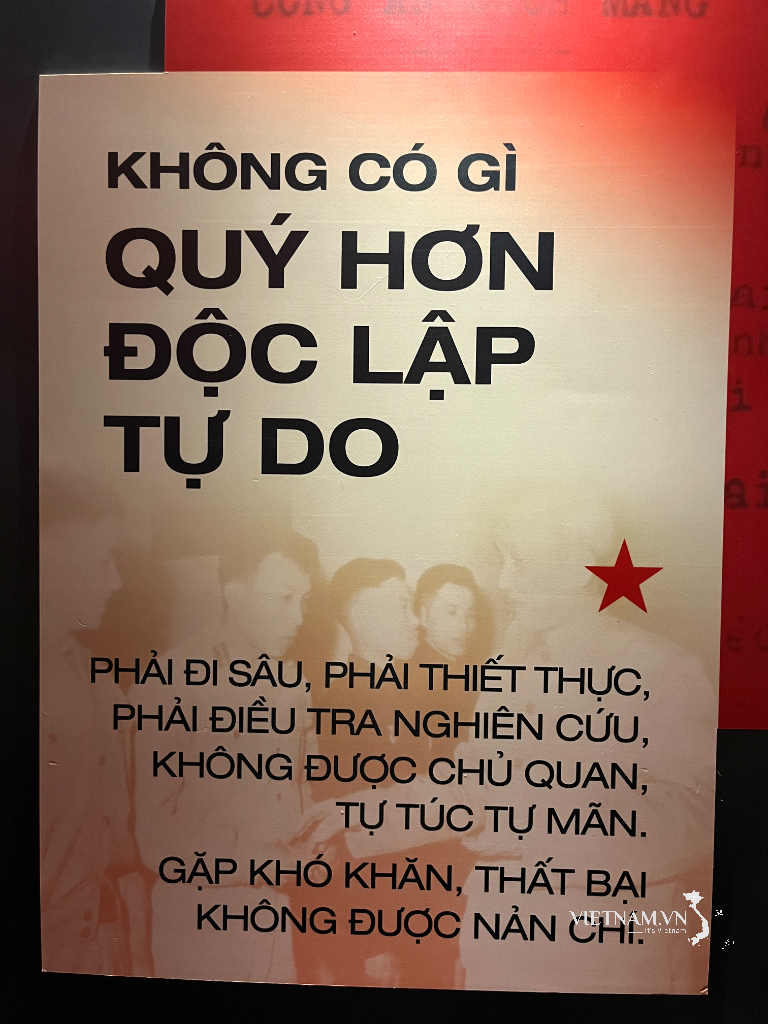
Comment (0)